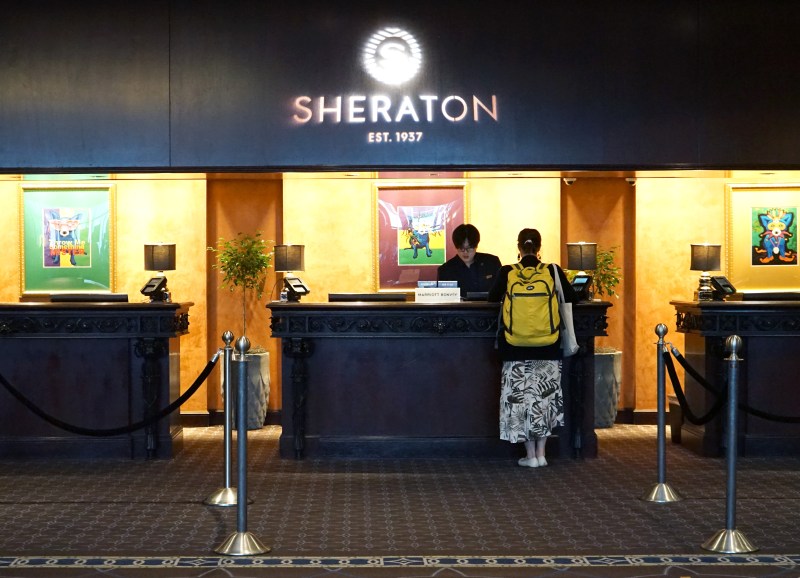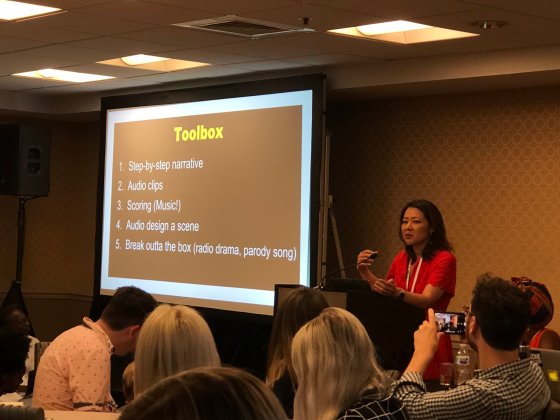Every year organizations like ONA visit New Orleans to convene, celebrate and experience the Crescent City. As millions of people descend on the city each year, many do not realize is that they are a part of a major industry that the city does not greatly benefit from.
New Orleans Mayor Latoya Cantrell now wants the city to get its “Fair Share.”
Cantrell’s “Fair Share” Initiative intends to use tax revenue generated from the hospitality industry to fix issues like potholes and improve drain lines. As the city attempts to improve its infrastructure 14 years after Hurricane Katrina made landfall, it is still looking for ways to pay for it all.
So the mayor is looking to tourism.
According to the New Orleans Tourism Marketing Corporation, in 2018 the Big Easy welcomed more than 18 million people to experience the city’s 301 years worth of charm. And this year Thrillist named New Orleans the best place in the country for a three-day visit — perfect for conferences like ONA and other festivals. The city averages nearly three festivals a day.
But the city is also dealing with looming structural and civic issues that impact residents’ lives every day. Recently, New Orleans has seen severe street flooding and numerous drinking water advisories. Currently, the city cannot afford a remedy for these issues, according to city officials.
Visitors to New Orleans for ONA will likely pay 16.35 percent in hotel taxes, and by the end of 2019 this tax should bring in nearly $200 million. But Cantrell says the city will see less than 10 percent of this revenue.

One of the ways Cantrell plans to pay for the improvements is by addressing the city’s hotel tax structure. In the “Lost Penny” report authored by the Bureau of Governmental Research, in 1966, voters voted for a 1% tax to help build the Mercedes Benz Superdome.
The city later agreed to temporarily suspend the tax to boost the tourism industry, according to the bureau. The thing is: that temporary suspension lasted 53 years. Now, the mayor wants the city to benefit from the billions of dollars that visitors are spending.
“Orleans Parish’s hotel tax structure lacks accountability and transparency in certain areas,” the report explained.
“A complex web of laws and revenue-sharing agreements that are not readily accessible make it difficult for the public to understand where hotel tax dollars are going and for what purposes.”
The majority of hotel tax revenue will go back into tourism and sports, while over 18% will go to general municipal and public education and 3.1% will go to public transportation.
However, the current tax suspension is still costing the city over $12 million each year, according to the report.
Cantrell says her fight to restore the 1% tax is a vital step toward establishing $100 million in annual revenue for city infrastructure and public services.
Other revenue means being explored include potential dollars from pending opioid lawsuits, lease agreements and internal auditing of the city’s departments, according to the city’s website.
The Fair Share initiative will be on the city’s ballot in November.







You must be logged in to post a comment.